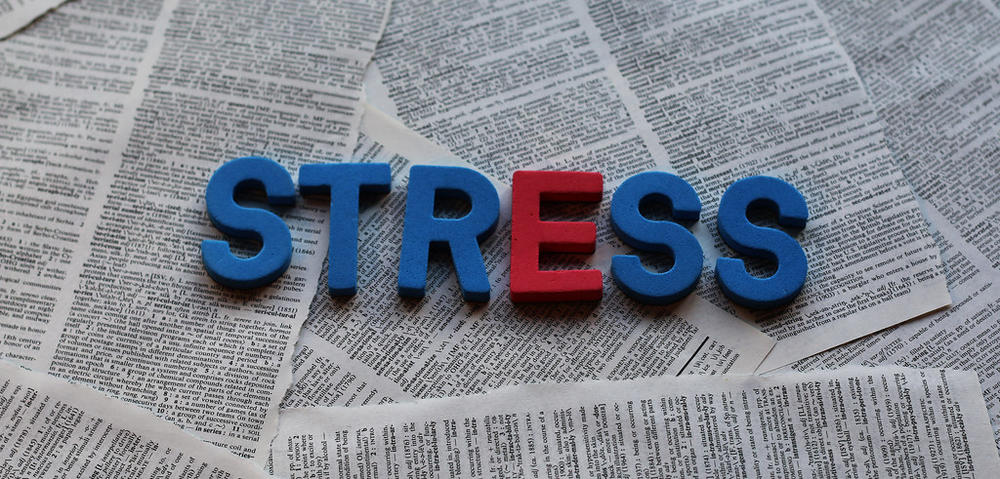Section Branding
Header Content
Psychologist Roxanne Donovan Offers Mental Health Tips During COVID-19 Outbreak
Primary Content
Over the past few weeks, many people have shared their personal experience during this moment that the world is collectively going through.
Some are dealing with boredom while social distancing. Others are dealing with the fear of loved ones falling ill or becoming sick themselves.
GPB's Leah Fleming interviews Kennesaw State University professor Roxanne Donovan
Many people have lost jobs, while many others are still working in stressful environments as nurses, doctors and grocery store clerks.
No matter what your personal situation is at this moment, one thing we all have in common is stress.
GPB Morning Edition host Leah Fleming brings that question to Roxanne Donovan, a professor of psychology and interdisciplinary studies at Kennesaw State University.
She offers tips for prioritizing our mental health during this difficult time and how we can broaden our viewpoint to look beyond the fear of COVID-19.
Need to talk with someone? You can call the 24/7 line of the Georgia Chapter of the National Alliance of Mental Illness at 800-715-4225.
TIPS FROM PROFESSOR DONOVAN:
1) Set a daily schedule
What time am I going to go to sleep? What is the first thing I will do in the morning? For many people, that first thing is to grab the phone or turn on the news. And I would suggest starting the day with a more healthy, soothing activity. For instance, taking some breaths or doing yoga, which is what I do now in the mornings.
And then, think about what you’re going to eat and when you’re going to bed. Prioritize seven to eight hours of sleep nightly, preferably going to bed and waking up at the same time every day.
The schedule is the first thing, because now for many people, it's just a large swath of time. And if you just let that time go without planning, you're going to move towards behaviors that are not good for your body
2) Find time to exercise
I know many of us are stuck indoors because we're trying to social distance, but exercise has countless benefits for the mind and body. One of them is reducing stress.
Even if you just are running in place or you're going outside for a walk (while staying 6 feet away from others), you really must prioritize that because of how good it is.
Being sedentary is problematic for your body, particularly when you're in a stressful moment.
3) Connect with friends and family virtually
I know texting and instant messaging are very popular, particularly with younger generations. But there is nothing better for our emotions and for our social system than connecting live.
And, of course, we can't be in person with people outside of our home right now. But we have amazing technology that can help with this, whether it's Skype, Zoom or even a phone call.
I'm prioritizing synchronous interaction because studies have shown that live interaction is best because we can hear tone and inflection and we feel more connected. Sometimes we just need to hear (or see) the smile in someone's voice.
4) Be grateful for the good things
One of the things that you can do is something as simple as creating a gratitude practice. You can write down three things daily you're grateful for, which is a great way to start your day. If you want to stretch yourself, make them different things every day.
Not only does gratitude widen your lens beyond the threat, it widens your view to things that bring you joy, happiness and wonder. Those things are also happening right now, but we may not even be recognizing it because of everything else related to the pandemic.
5) Take a break from social media and just BREATHE
Do you find yourself consuming social media and the news 8 to 10 hours a day, or for the majority of the time that you're up? Is the news playing in the background all the time?
Consider giving yourself a break from that, particularly if you have children in the house. Making sure you create boundaries to what they have access to can help reduce their anxiety.
I suggest pausing throughout the day to connect with the present moment. And that can even just be connecting with your breath, taking a minute or two to hear and feel yourself breathe. It can do a lot to keep us from time traveling to the past and dwelling on old regrets or fretting about the future and worrying about things that might happen.
The more you're able to connect with the present moment, the less overwhelmed and stressful that moment will seem.



